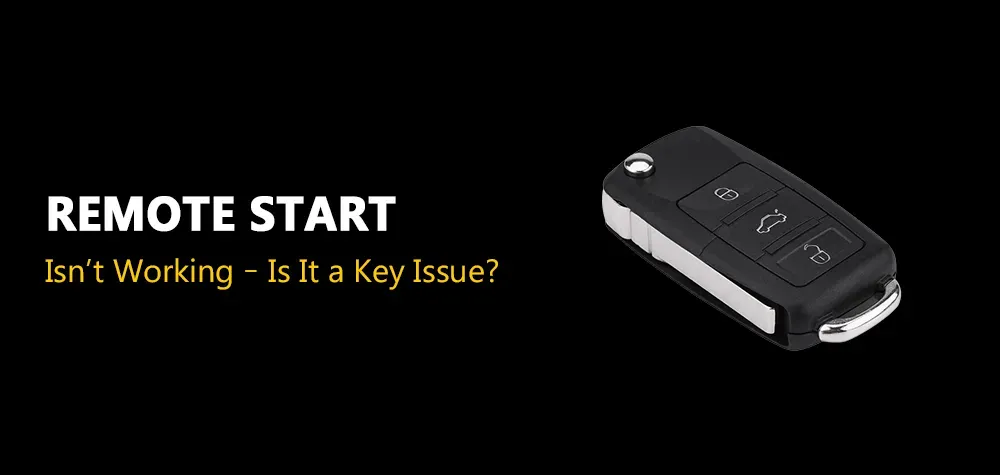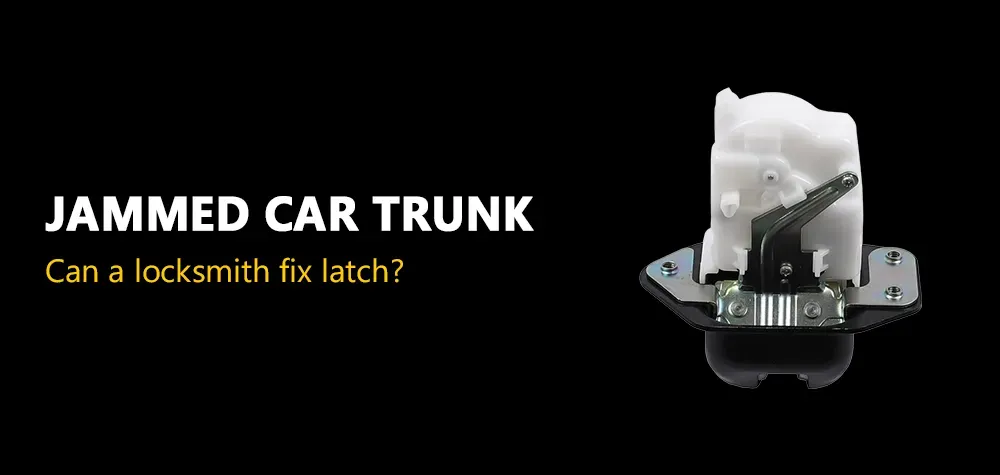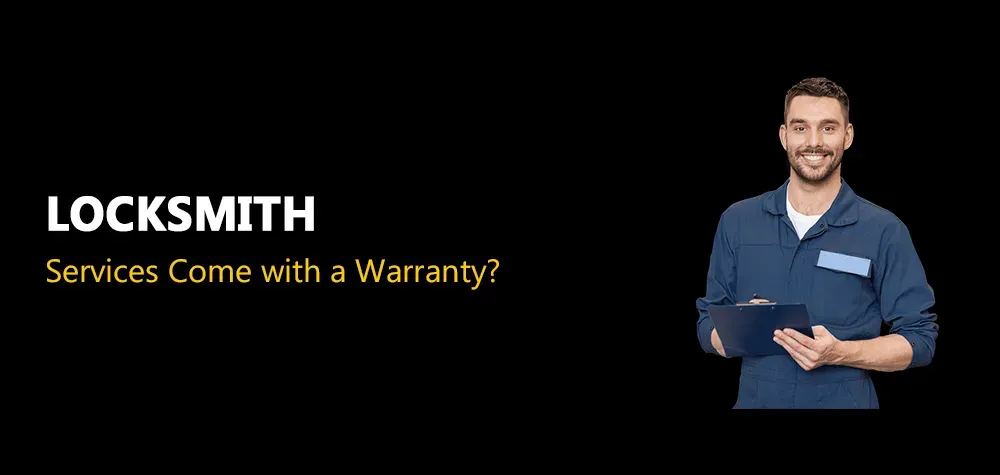How to Choose the Right Lock for Your Front Door
Choosing the right lock for your front door is one of the most crucial decisions for safeguarding your home. With so many options available—from traditional deadbolts to advanced smart locks—understanding which one best fits your security needs, budget, and door type is essential. This in-depth guide will walk you through everything you need to know to make an informed decision.
1. Understand Your Security Needs
Before diving into specific lock types, start by assessing your security needs. Ask yourself these questions:
- What is the crime rate in your area? Higher-risk areas might benefit from multi-point locks or smart locks with enhanced security features.
- How often do you use your front door? Frequent usage might require a durable, easy-to-use lock.
- Do you need remote access? If you want control over your locks while you’re away, consider a smart lock with app integration.
- Are you willing to change keys often? For households with high turnover of residents or frequent visitors, a rekeyable lock or smart lock might be ideal.
Knowing your security needs will help you focus on locks that provide the features you need most.
2. Types of Locks for Front Doors
Here’s a breakdown of popular lock types and their pros and cons.
Deadbolt Locks
Deadbolts are one of the most widely recommended locks for residential doors. They come in single-cylinder, double-cylinder, and keyless varieties.
- Single-cylinder deadbolts: Operate with a key on the outside and a thumb turn on the inside. Ideal for homes where ease of exit is needed.
- Double-cylinder deadbolts: Require a key on both sides, providing extra security but may hinder a quick exit in emergencies.
- Keyless deadbolts: Often feature a keypad, eliminating the need for physical keys.
Pros: High security, durable, available in multiple styles.
Cons: Keyed models can be cumbersome if you frequently misplace keys.
How to Remove a Stuck Deadbolt Lock
Smart Locks
Smart locks use digital or wireless technology to secure your door and often integrate with smartphones or home automation systems.
- App-controlled locks: Allow remote access, letting you lock or unlock from anywhere.
- Biometric locks: Use fingerprints for access, adding an extra layer of security.
- Bluetooth or Wi-Fi-enabled locks: Allow keyless entry and even track access logs.
Pros: Convenient, can provide remote access, high-tech security features. Cons: Can be costly, may rely on Wi-Fi or battery life.
Mortise Locks
Mortise locks are embedded within the door itself and are often found on older or high-end doors. They typically combine a latch and a deadbolt, providing a strong lock with extra durability.
Pros: Strong and durable, high level of security.
Cons: Complex installation, requires a compatible door design.
Knob Locks
Knob locks are common but usually recommended only as secondary locks for front doors. They’re integrated into the doorknob itself.
Pros: Easy to install, affordable.
Cons: Easier to break than deadbolts or smart locks, less secure as a primary lock.
3. Choosing the Right Lock Grade
Locks are rated by grade to indicate their durability and security level. The American National Standards Institute (ANSI) grading system is the most commonly used, especially in the U.S.
- Grade 1: Highest level of security, typically used for commercial applications but suitable for home use as well.
- Grade 2: Mid-level security, often sufficient for residential use and offers good durability.
- Grade 3: Basic residential security, usually more affordable but provides the lowest level of protection.
For front doors, Grade 1 or Grade 2 locks are recommended. They provide more resistance against forced entry, while Grade 3 locks may be more suited for interior doors.
4. Materials and Build Quality
The material of the lock influences its durability and security. Here are common materials used in front door locks:
- Brass: Durable and resistant to corrosion, ideal for areas with high humidity.
- Steel: Extremely durable and strong but can be prone to rust in humid climates.
- Zinc: Often used in affordable lock models, offering decent durability but less resistance than brass or steel.
Additionally, consider weather-resistant locks if you live in areas with extreme weather conditions. Stainless steel or brass finishes typically offer greater longevity and can withstand harsh weather better.
5. Key Control and Rekeying Options
Key control refers to the ability to restrict who can duplicate your keys. Some locks have patented key designs, making it difficult for unauthorized persons to make duplicates.
Rekeying Options: Some locks allow easy rekeying, especially useful if you need to change keys frequently without replacing the entire lock. Brands like Kwikset offer SmartKey technology, which enables quick rekeying with a special tool.
Consider This: If you expect high turnover or have rental properties, opt for locks that offer easy rekeying or advanced key control for added security.
6. Compatibility with Your Door and Frame
A lock is only as strong as the door and frame it’s attached to. Check these aspects for a compatible, secure fit:
- Door thickness: Most locks are designed for standard door thicknesses, but ensure compatibility with yours.
- Door material: Metal and solid wood doors offer more security than hollow-core doors. Heavy-duty locks are often better suited for these sturdy materials.
- Frame strength: Reinforce the door frame with strike plates or door jamb reinforcements for added resistance to forced entry.
A strong frame and solid door enhance the security of any lock, so be sure these elements are up to standard.
7. DIY Installation or Professional Help?
Some locks, like basic deadbolts and knob locks, are relatively easy to install yourself. However, more complex locks like mortise or smart locks often require professional installation.
Why Professional Installation Can Be Beneficial:
- Expert Fit: Professionals ensure the lock is installed correctly, maximizing security.
- Avoid Mistakes: Improper installation can damage the lock or door.
- Enhanced Security: A locksmith can reinforce your door’s security beyond basic installation.
8. Cost Considerations
Lock prices vary widely depending on their type, brand, grade, and additional features. Here’s a general cost breakdown:
- Deadbolts: $20 - $150, depending on features and grade.
- Smart Locks: $100 - $300, depending on features like remote access and biometric security.
- Mortise Locks: $125 - $400, due to their durability and complexity.
- Knob Locks: $10 - $50, as they’re less secure and typically more affordable.
Remember, investing in a high-quality lock can be worth the upfront cost for long-term peace of mind and security.
FAQs
What is the best type of lock for a front door?
Deadbolts, especially Grade 1 deadbolts, are among the most secure for front doors. For added convenience, smart locks with remote access are also a popular choice.
Are smart locks secure for front doors?
Yes, smart locks are secure, especially those with multi-factor authentication and activity logs. However, it’s best to choose models with a backup key option for emergencies.
Can I rekey my lock myself?
Some locks, like those with Kwikset’s SmartKey technology, allow easy DIY rekeying. However, professional rekeying may be required for other models.
Should I choose a double-cylinder deadbolt for my front door?
Double-cylinder deadbolts provide added security but may hinder emergency exits since they require a key on both sides. They’re generally more suitable for doors with nearby windows.
How Often Should You Replace Your Home Locks?
Call Us Any Time!




